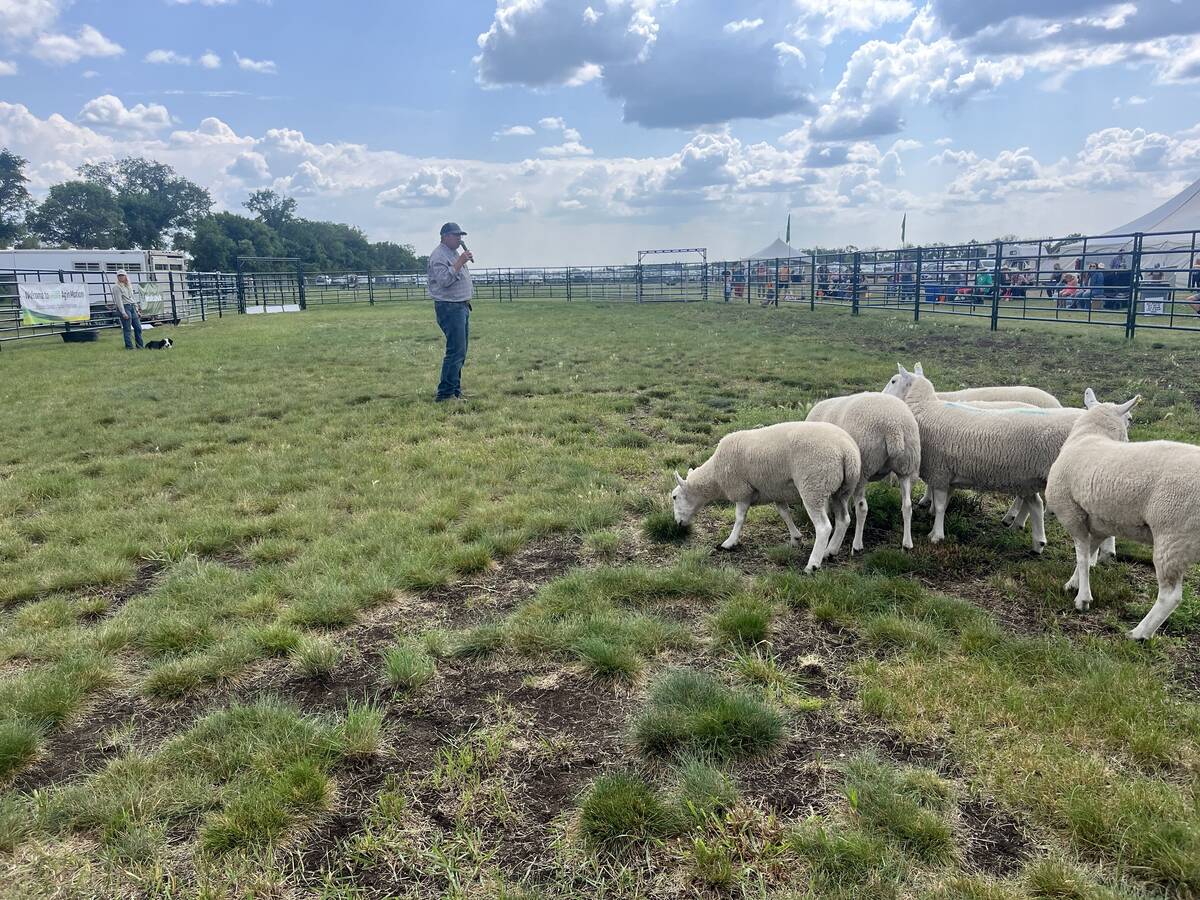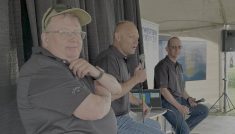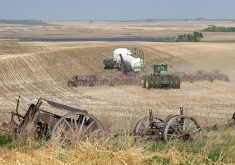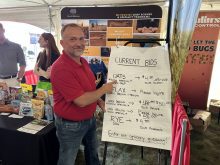SASKATOON – Gun control triggered a debate at last weekend’s conference of the Saskatchewan Women’s Agricultural Network.
A resolution was tabled that urged the federal government to consider the need for farm families to use guns to protect their property from predators. Instead, a letter will be sent to federal and provincial politicians saying while SWAN members approve of gun registration, they wish there would be no cost to farmers.
“There should be an exemption for rural people,” said Barb Gibson.
But then hunters and gun collectors would want exemptions from registration costs as well, said Melvena Dzialo. Police need to know if there are guns in a house when they handle domestic disputes, she added, so “I see both sides of the issue.”
Read Also

Stock dogs show off herding skills at Ag in Motion
Stock dogs draw a crowd at Ag in Motion. Border collies and other herding breeds are well known for the work they do on the farm.
Margaret Cline said gun control is necessary because of violence.
“I think gun registration is important,” Cline said. “Perhaps we shouldn’t be so defensive. I hate guns but sometimes we need a gun to shoot a skunk.”
The continuing need to push for rural child care, the difficulty in getting appropriate agricultural training and the federal government’s social security review were also listed as SWAN concerns.
Gibson said there will be a meeting in Ottawa in mid-February to discuss rural child care. She said in 1994, eight Saskatchewan farm children under the age of 15 died in accidents on the farm, and “eight deaths is too many.”
Several SWAN members sit on federal and provincial government committees that wrestle with budgeting for training.
“Farm women accessing education is almost a thing of the past,” said SWAN chair Beverly Bell. She said government job training tends to be directed more at people on welfare or unemployment insurance, rather than farmers. The agricultural voice isn’t at the table often so their issues aren’t dealt with, such as the need for seasonal workers and women’s extra role as family caregivers, she said.
Farmers should look at the popularity of the certification programs developed by the hog and dairy industries, said Maureen Blaeser, co-chair of the Saskatchewan Agricultural Employment Board.
Course needed
“People are being hired for out-of-province work before they even finish the course,” Blaeser said. A general hired-hand course organized like these might add respect to the job and the industry.
Linda Ungar, who represents SWAN on the Canadian Farm Women’s Network, said input is needed on two policy papers drafted by the network on domestic violence and definition of a family farm.
Bev Bell also offered feedback to SWAN members on a report on social security reform. When the federal budget comes down Feb. 16, women should be aware of how it affects them, she said.
One federal proposal would limit its funding of universities and instead pass more of the costs of education to students, who will have to take out larger student loans. SWAN passed a resolution urging Ottawa to keep funding post-secondary educational facilities.
















